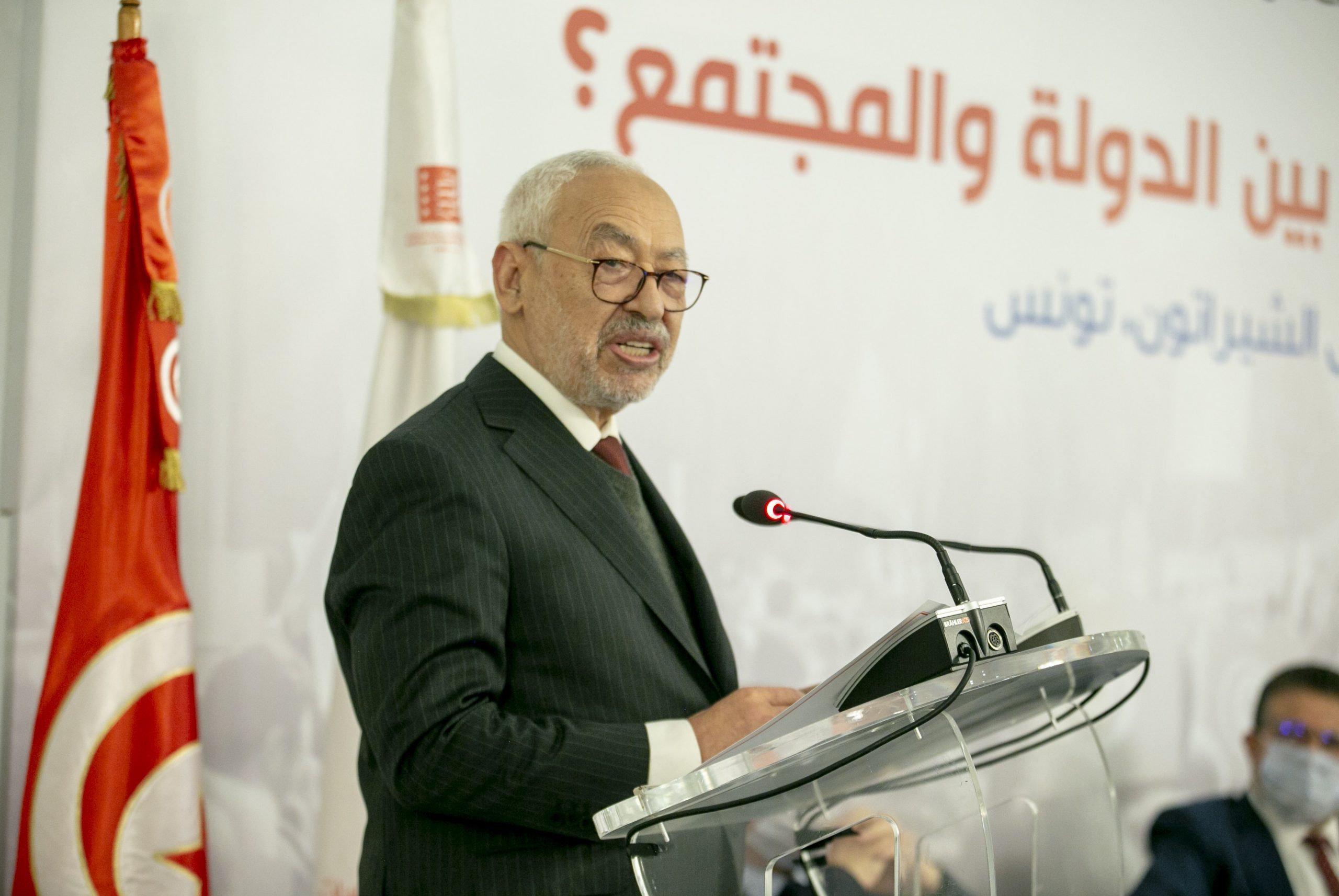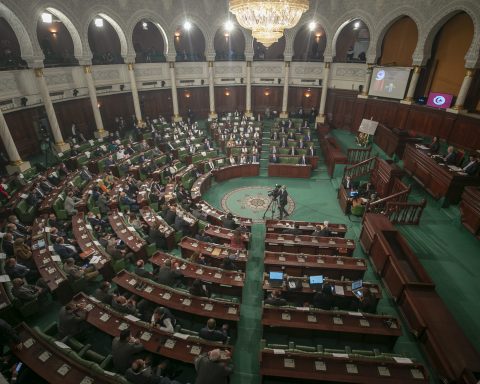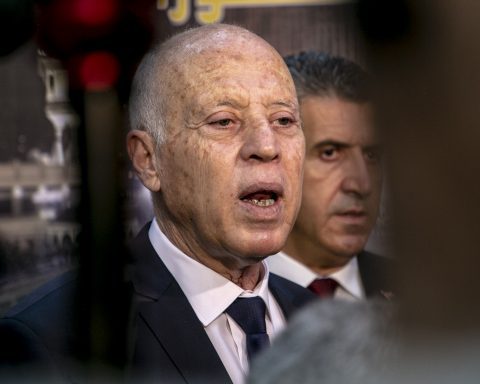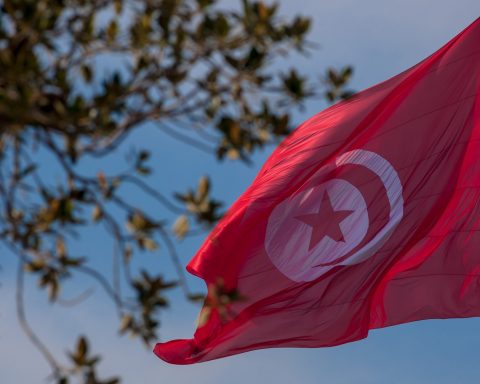Rached Ghannouchi, President of the Tunisian Parliament and leader of the Ennahda Movement, was transferred to the capital’s military hospital, following the deterioration of his state of health following the consequences of his previous infection with COVID-19.
Wassim Khadraoui, the media advisor to the Speaker of the Parliament announced that “the health of the Speaker of the Parliament has deteriorated due to the effects of his recent contraction of COVID-19, which required his transfer to a military hospital.”
“Doctors, after monitoring Ghannouchi’s state of health, confirmed that he was still suffering from the repercussions of COVID-19,” Khadraoui said.
The Ennahda Movement, which has the largest parliamentary bloc in the country, said in a statement on Saturday that the president of the movement Ghannouchi suffered from discomfort and was transferred to a sanatorium, that he later left after having carried out the necessary examinations and undergone the required care.
In mid-July 2020, Ghannouchi was infected with COVID-19 and was transferred to a hospital.
Earlier in the evening of Sunday, Maher Medhioub, the assessor of the President of the Parliament, announced that Ghannouchi “never envisaged leaving Tunisia and does not intend to do so,” denying the information concerning his request for treatment abroad.
A week ago, Tunisian President Kais Saied decided to freeze the powers of the parliament for 30 days and dismissed the head of government, Hichem Mechichi, from office. He also announced that he assumed executive power, with the help of a head of government he would appoint soon.
President Saied declared that he had taken these decisions to “save Tunisia, the State, and the Tunisian people.”
The decisions of the Tunisian Head of State come following popular demonstrations that have taken place in several governorates demanding the resignation of the government, in a context of economic difficulties and a political crisis that has lasted for months.
However, the majority of the parties, including the Ennahda Movement, rejected these measures considering them a “coup against the Constitution,” while others see them as “corrective measures.”














